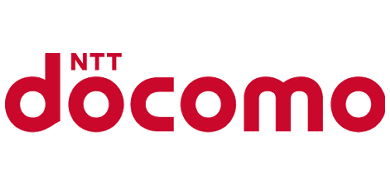WSJ: NTT DoCoMo Still Negotiating Over iPhone Launch
The Wall Street Journal has a story today (behind paywall, but try to Google the URL) detailing some possible reasons why NTT DoCoMo, Japan’s biggest carrier by number of subscribers, still hasn’t launched the iPhone. Namely, the carrier would like to have some of its apps pre-installed on iPhones:
The closed operating system of the iPhone also limits NTT DoCoMo from pre-installing some of its applications—including its e-wallet, which allows consumers to pay for merchandise with their smartphones, as well as its i-mode email service—which Mr. Yamada said are important for Japanese customers.
Apple wasn’t immediately reachable for comment about talks with NTT DoCoMo.
I believe that’s been a common concern among carriers that eventually got the iPhone – not being able to pre-install carrier software (alternative app stores, email clients, general bloatware) on devices sold on contract. But I also remember reading this old piece from Wired, which described how the iPhone destroyed the wireless industry’s standards by providing an integrated experience where the carrier’s only responsibility is the network, and everything else is up to Apple.
Apple will never let a carrier dictate the kind of experience an iPhone comes with out of the box. If true, NTT DoCoMo is hitting a dead spot with these negotiations. As far as other possible points in the talks between the carrier and Apple go, the company would certainly want the biggest carrier in Japan to sell the iPhone, especially considering the kind of growth that Apple is seeing in Asia. The iPhone 4S, for instance, is currently available in Japan through Softbank and KDDI, which recently joined Softbank. From Apple’s perspective, it only makes sense to have the iPhone available in as many places as possible.
However, this is not the first time we’re hearing of failed negotiations between Apple and carriers recently. China Mobile, for example, was reported asking for a part of the App Store’s revenue in order to sell the iPhone.


